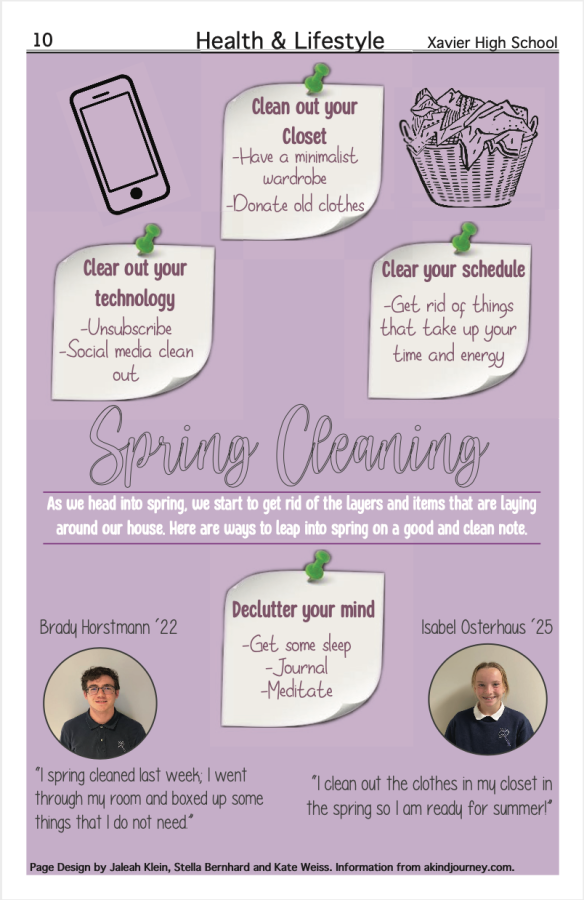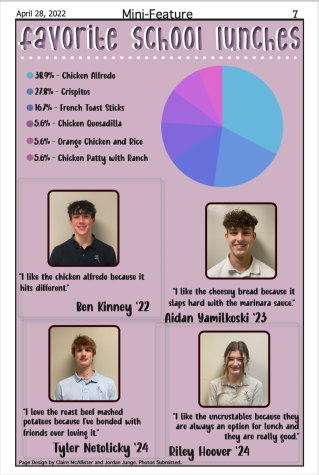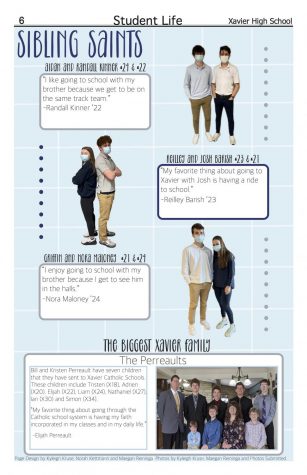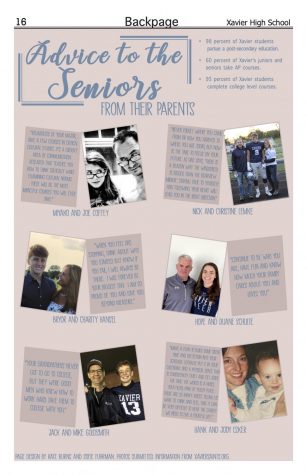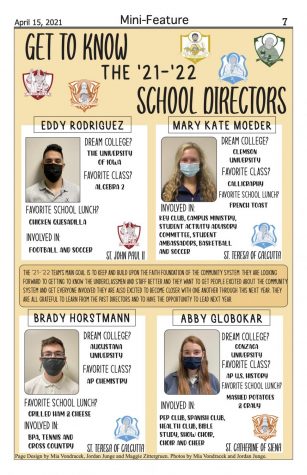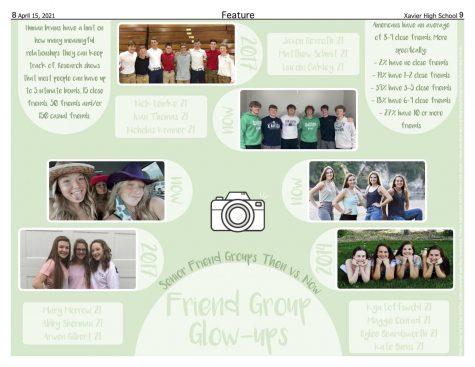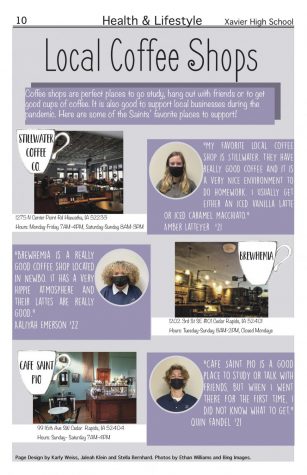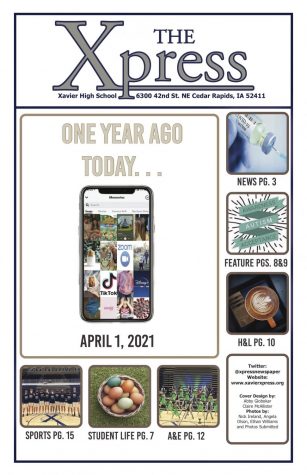Address the issues
April 1, 2021
Binge-watching has become the new norm during the pandemic, making the search for new and exciting shows a challenge.
“Ginny and Georgia” has taken over the world of Netflix, as a teen drama filled with excitement, surprises and a lot of lessons.
Brianne Howey, who plays Georgia, a mom to two kids, Ginny (played by Antonia Gentry) and Austin (played by Diesel La Torraca), moves north in search of a new life after her husband dies suddenly, but finds the road to new beginnings can be rocky.
Although the show started off as a hit when it first came out in late February, many viewers became concerned with some jokes included within the show, including American singer-songwriter Taylor Swift.
On March 1, Swift took to Twitter to address her concerns with the jokes made about her in the show.
“Hey “Ginny & Georgia”, 2010 called and it wants its lazy and deeply sexist joke back. How about we stop degrading women by defining it as fuNnY,” Swift said.
Swift later went on to finish her tweet with: “Happy Women’s History Month I guess,” along with a picture of the subtitle of the show reading: “Why do you care? You go through men faster than Taylor Swift.”
The 23-year-old actress Gentry took to Instagram just days later. Gentry thanked her fans for all their love and support, but did not address the Swift situation at all. Gentry explained the love she had for her character, Ginny, for being able to expose biases, prejudices and injustices.
Unfortunately, the controversy did not stop there. Along with sexist accusations, the show is also facing outrage over racist comments made in the show.
In a 36 second clip, which can be found both on Twitter or on the Netflix app, Ginny and her boyfriend, Marcus (played by Felix Mallard), are shown firing racial stereotypes at each other. Ginny insinuates Austin is “barely even Asian” while Austin asks Ginny “how Black are you?”
Lauren Holverson, a Xavier junior who watched “Ginny and Georgia,” responded to this.
“While I understand that there are some racial stereotypes that are made in the show, I believe that the show had good intention to try and allow viewers to relate to these stereotypes.”
Although “Ginny and Georgia” has addressed some major issues of sexist and racial stereotypes, there is still a desire from viewers to address the misogyny and hatred involved in the show.


